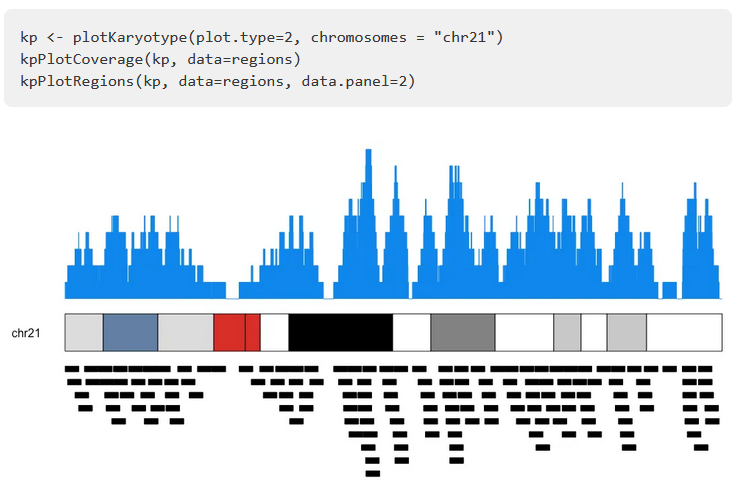Live
-
{{ is_pkg(link.U) }}{{ link.T }} {{ get_host(link.U) }} - {{ link.N }} ( {{ get_host(link.U) }} )
{{ is_pkg(link.U) }}{{ link.T }} {{ get_host(link.U) }}( {{ get_host(link.U) }} )
{{ item.date }}
-
{{ is_pkg(link.U) }}{{ link.T }} {{ get_host(link.U) }} - {{ link.N }}
( {{ get_host(link.U) }} ){{ is_pkg(link.U) }}{{ link.T }} {{ get_host(link.U) }}
( {{ get_host(link.U) }} )
R Weekly 2025-W28 Quarto syntax, BDD, scalarized bug hunting
This week’s release was curated by Ryo Nakagawara, with help from the R Weekly team members and contributors.
Highlight
Insights
R in the Real World

R in Organizations

New Packages
📦 Keep up to date wtih CRANberries 📦
CRAN
- {fishboot} 1.0.2: Bootstrap-Based Methods for the Study of Fish Stocks and Aquatic Populations
- {unifyR} 1.0.0: Unified Scores, Reliabilities and Validities from Multiple Tests
- {rcrisp} 0.1.4: Automate the Delineation of Urban River Spaces
- {r4pde} 0.1.0: Companion to R for Plant Disease Epidemiology Book
- {ecoteach} 0.1.0: Educational Datasets for Ecology and Agriculture
- {tabr} 0.5.3: Music Notation Syntax, Manipulation, Analysis and Transcription in R
GitHub or Bitbucket
- {zap}: Fast object serialization with high compression
Updated Packages
- RcppArmadillo 14.6.0-1 on CRAN: New Upstream Minor Release
- Rcpp 1.1.0 on CRAN: C++11 now Minimum, Regular Semi-Annual Update
- {rcrisp} 0.1.4: Automate the Delineation of Urban River Spaces - diffify
- {pillar} 1.11.0: Coloured Formatting for Columns - diffify
- {ggpedigree} 0.8.0: Visualizing Pedigrees with ‘ggplot2’ and ‘plotly’ - diffify
- {openxlsx2} 1.17: Read, Write and Edit ‘xlsx’ Files - diffify
- {gtsummary} 2.3.0: Presentation-Ready Data Summary and Analytic Result Tables - diffify
- {tinytable} 0.10.0: Simple and Configurable Tables in ‘HTML’, ‘LaTeX’, ‘Markdown’, ‘Word’, ‘PNG’, ‘PDF’, and ‘Typst’ Formats - diffify
- {shiny} 1.11.1: Web Application Framework for R - diffify
- {tidyplots} 0.3.1: Tidy Plots for Scientific Papers - diffify
- {ggsurveillance} 0.5.1: Tools for Outbreak Investigation/Infectious Disease Surveillance - diffify
- {wordmap} 0.9.4: Feature Extraction and Document Classification with Noisy Labels - diffify
Videos and Podcasts
- Listen to the R-Weekly Highlights Podcast
- The Test Set: A Posit video podcast series for data science
- Scaling the r-spatial ecosystem for the modern composable data pipeline
Shiny Apps
Tutorials
R Project Updates
Updates from R Core:
Call for Participation
Upcoming Events in 3 Months
Events in 3 Months:
